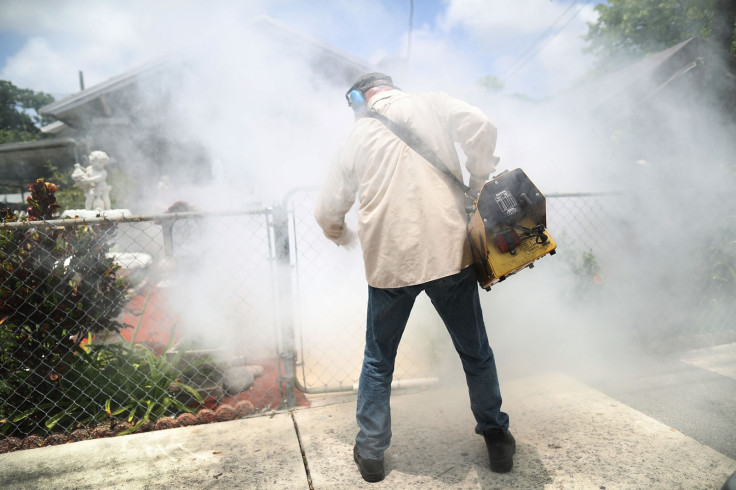Almost half of Americans are too scared to travel to Florida after Zika outbreak
There have been 47 cases of locally-contracted Zika in tourism areas in Florida.

Tourism in Florida looks set to suffer as Zika fears may prevent travellers from North America visiting the state's popular vacation spots.
A recent poll by the Kaiser Family Foundation showed almost half of 1,211 Americans questioned would not be comfortable travelling to places in the US, such as Florida, where there had been confirmed cases of Zika.
As well as the 48% who would be unlikely to travel to Florida, 53% of those questioned said they were worried the US would see a large number of cases in the country over the next 12 months.
The poll, released on 1 September follows the confirmation of one more local case of Zika in Palm Beach – a popular tourist hotspot – bringing the total number of locally contracted Zika cases in the Broward, Miami-Dade, Palm Beach and Pinellas counties to 47, the Miami Herald reported.
There have also been 13 travel-related Zika cases reported in the area, while Wynwood and Miami Beach have been identified as the only areas so far where there has been active transmission of Zika via mosquito.
Florida is also likely to see a decline in visitors from Canada, many of whom spend the winter months in a holiday home in the warmer state, after the country's public health agency warned citizens against visiting.
In a statement issued on 31 August, the Public Health Agency of Canada recommended pregnant women and those considering becoming pregnant avoid travelling to areas in the US with reported mosquito-borne Zika virus.
What is Zika?
Zika fever is a disease stemming from a virus transmitted by mosquitoes, known as the Zika virus. It can be passed from person to person from any type of mosquito, but it originates from a specific type –the Aedes aegyptimosquito.
It is particularly difficult to detect, as only one in five people with the virus actually go on to become ill. It becomes even more troublesome as it is, clinically speaking, very similar to dengue fever, so misdiagnosis is a big problem in areas where dengue is common. Generally, the direct effects of the virus are mild, including the usual hot temperature, rash and muscle pain. With that knowledge, recovery rates are very high, with no confirmed deaths from Zika as yet.
However, the issue surrounds pre-natal birth defects. The virus has been heavily linked with microcephaly – wherein the head does not develop to the size that it should. The announcement of the link was made on November 28 2015, after an autopsy on a baby born with microcephaly showed the presence of the Zika virus. Pregnant women have since been advised to avoid travel to countries affected by the Zika virus – predominantly Brazil.
© Copyright IBTimes 2025. All rights reserved.




















